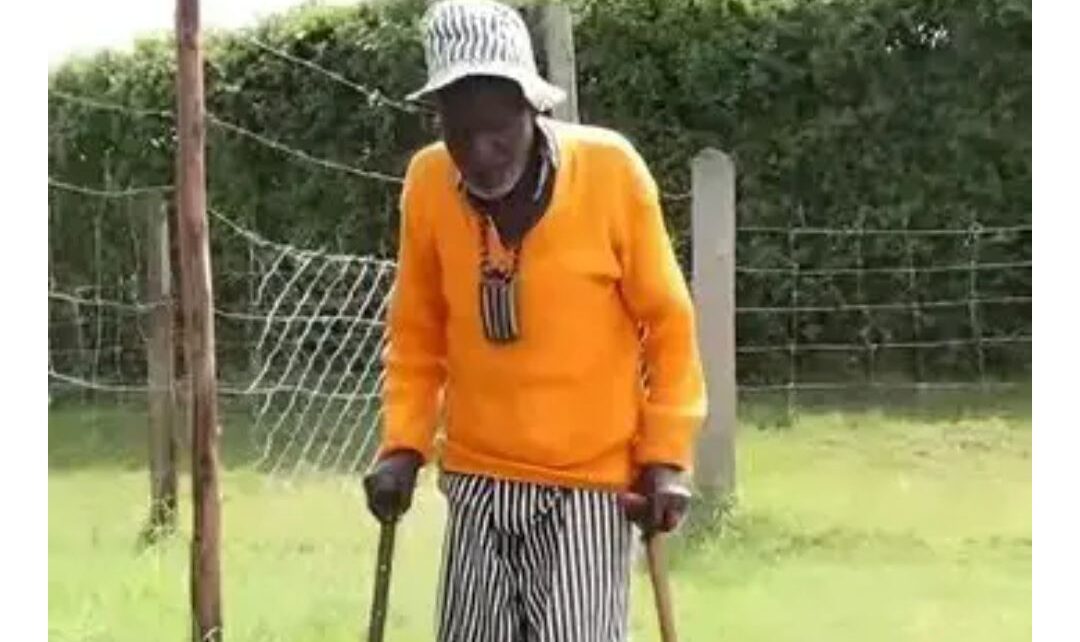A viral video of 97-year-old Elijah Mburu, serving a 21-year prison sentence, has reignited public debate on justice, aging, and accountability in Kenya. The frail elderly man, who claims innocence, is set to be released in 2031 at the age of 103 a scenario that has drawn both sympathy and controversy.
Mburu’s soft-spoken plea in the video, where he insists he was unjustly jailed, has moved many Kenyans. His advanced age and visibly weak state have led some to question whether imprisoning a nonagenarian aligns with principles of human dignity. Social media reactions range from calls for presidential pardon to demands for prison reforms addressing elderly inmates.
However, court records reveal a darker truth: Mburu was convicted for impregnating a young woman, who later gave birth to twins. The severity of the sentence reflects the gravity of the crime, considering the victim’s vulnerability. While Mburu maintains his innocence, the court found sufficient evidence to uphold the conviction.
The case presents a moral dilemma. Advocates for compassion argue that incarcerating a near-centenarian serves little purpose, emphasizing his frail health and the improbability of reoffending. Others, however, stress that justice must be blind to age especially for crimes harming the defenseless. “A victim’s suffering doesn’t diminish because the perpetrator is old, remarked a legal expert in a local interview.
As discussions flare, Kenyans are forced to weigh punitive justice against ethical considerations for the elderly. Should age mitigate punishment? Does imprisonment at 97 uphold justice or compound injustice? Mburu’s case underscores the need for nuanced policies balancing accountability with humanity a conversation Kenya can no longer delay.
With the video still trending, the nation remains divided, reflecting deeper societal tensions about fairness, retribution, and the limits of mercy.



